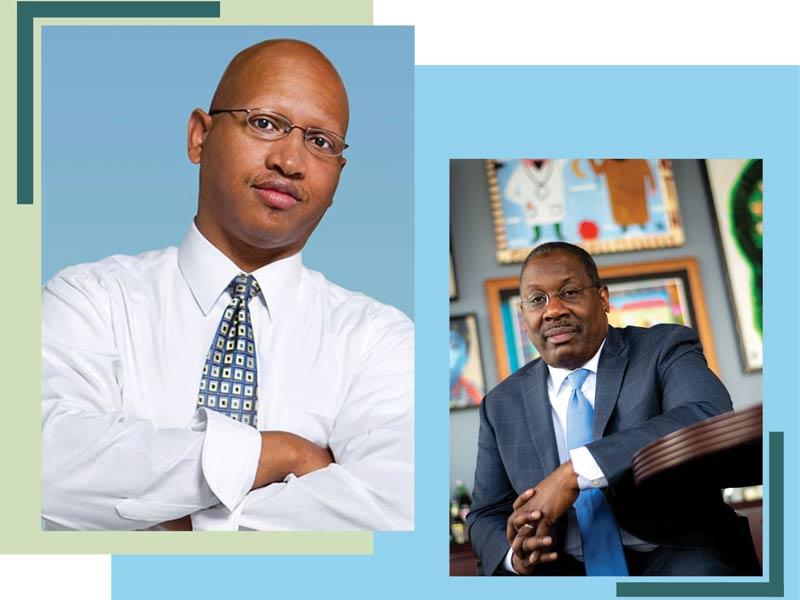Tulane Bywater Institute to host virtual conversation ‘Syndemic: Racism, Environment and COVID-19’
The Tulane ByWater Institute welcomes Sacoby Wilson on Wednesday, April 14, at 5 p.m. via Zoom for a conversation about health disparities and COVID-19 moderated by Thomas LaVeist, dean of the Tulane University School of Public Health and Tropical Medicine.
Syndemic: Racism, Environment and COVID-19 is part of the ByWater Institute Future Cities//Future Coasts series, and will explore how health disparities are deeply intertwined with issues of environmental justice that face both the region and cities around the world. Wilson is an associate professor at the Maryland Institute for Applied Environmental Health and Department of Epidemiology and Biostatistics at the University of Maryland-College Park School of Public Health. To register, click here: http://bywater.tulane.edu/future
“The term ‘syndemic’ is defined as multiple pandemics,” said Wilson. “So, when I talk about the syndemic, I am focusing on the fact that Black, Indigenous and People of Color (BIPOC) communities are not only impacted more by the COVID-19 pandemic compared to Whites, but also are experiencing inequities due to the pandemic of racism, the pandemic of toxic capitalism, the pandemic of climate change, and the pandemic of environmental pollution and injustice. Racism, discrimination and economic inequality are root causes of why we see health disparities in communities of color in the United States, the Gulf Coast and cities like New Orleans.”
This talk is co-sponsored by the Dillard University Minority Health and Health Disparities Research Center and A Studio in the Woods. Wilson is the inaugural scholar for Dillard’s new Inspiring Health Justice: A Collaborative Art-Science Scholar-in-Residence Program. During the spring 2021 semester, Wilson has been working remotely with Dillard faculty members John Barnes and Keith Morris and four Dillard independent-study students: Aaliyah Arnold, Hildevert Promesse Lafeuille, Jermaine Robinson, and Juwan Saint Charles, to create film and artworks about COVID-19 and health disparities in the region. Each student spent a weekend in residence at A Studio in the Woods to focus on their work, which they will present following the lecture and Q&A.
Wilson, an environmental health scientist with over 20 years of experience, works primarily in partnership with community-based organizations to study and address environmental justice and health issues and translate research to action. Wilson is director of the Center for Community Engagement, Environmental Justice and Health (CEEJH), which is focused on providing technical assistance and research support to communities fighting against environmental injustice and environmental health disparities in the Washington, D.C., region and across the nation.
The ByWater Institute speaker series, Future Cities//Future Coasts, is focused on envisioning a sustainable, just, and equitable world by exploring change and transformation in coastal communities. Our guests are engaged in innovative research and projects that inform decision making for sustainable coastal futures.

